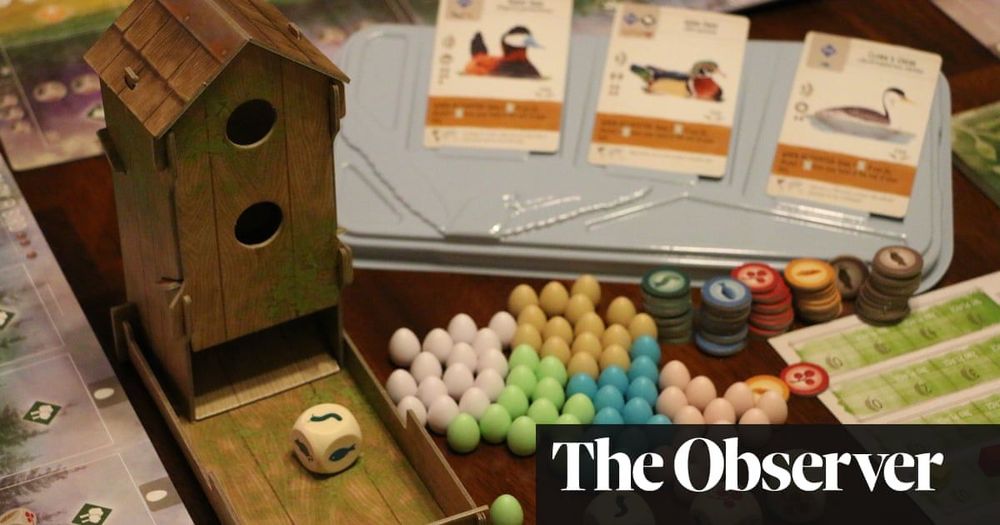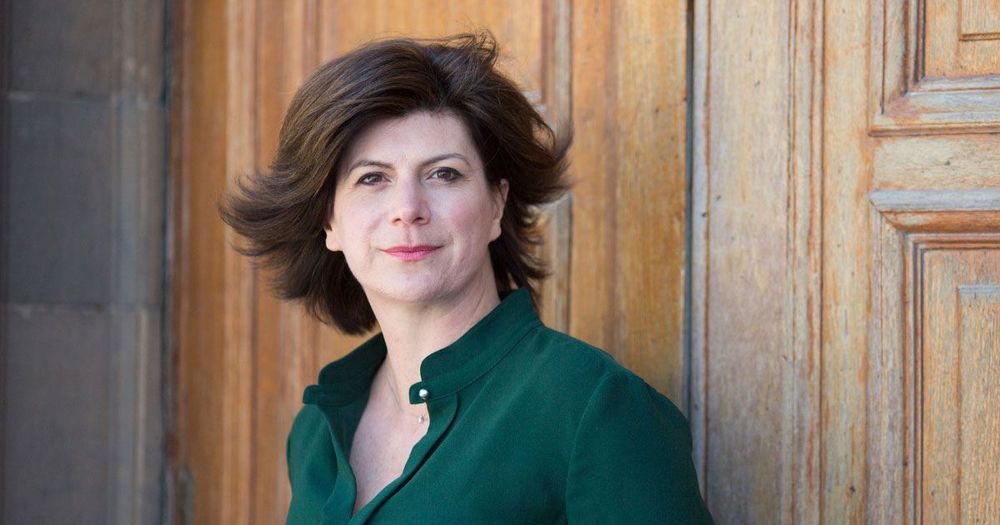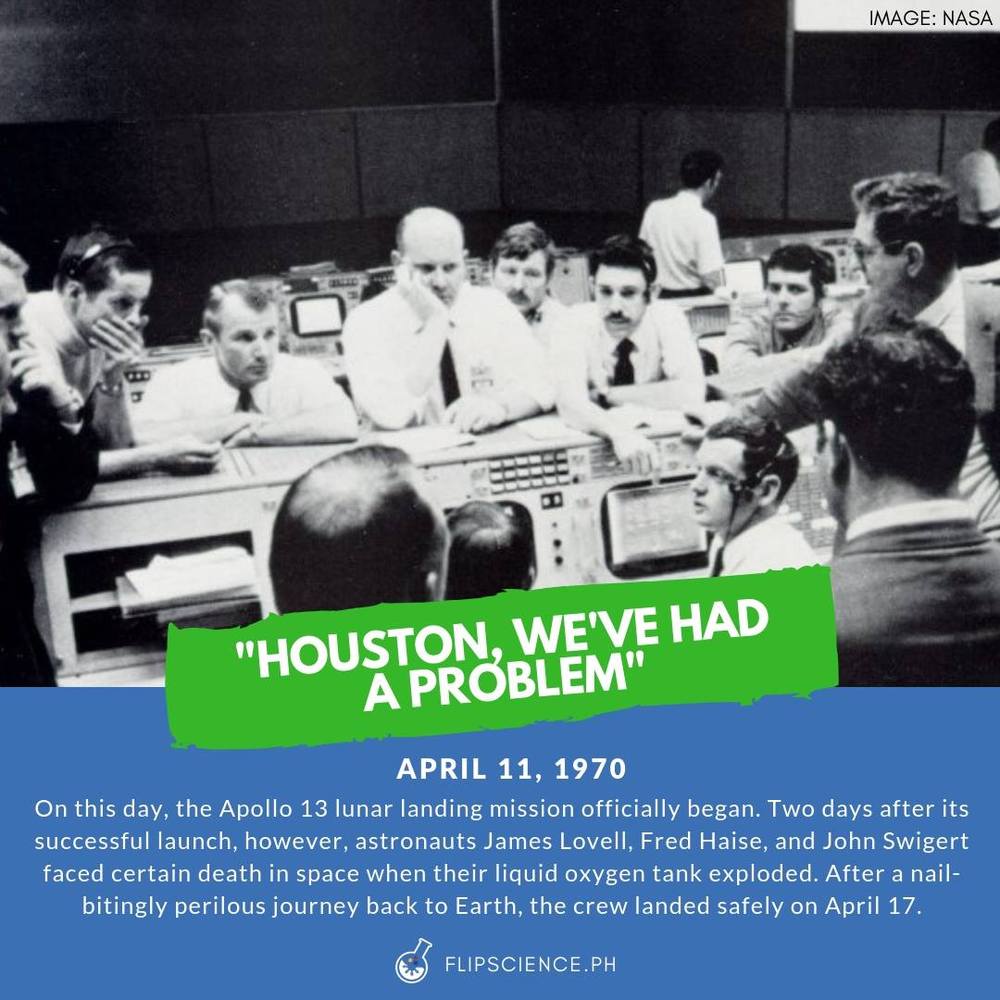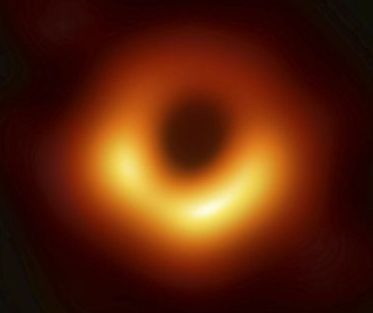Science-themed board games are an increasingly popular way to learn about everything from atom building to colonising space.


Science-themed board games are an increasingly popular way to learn about everything from atom building to colonising space.
If you like games, why not sign up for Lootcrate? https://lootcrate.com/MikeInHD
Use Coupon Code: MikeInHD
In the world of Halo, Master Chief is a super soldier outfitted with one of the most advanced sets of body armor ever produced by mankind. So how bullet proof if Master Chief? Master Chief Doesn’t Want to Die.
http://www.YouTube.com/MTR702?sub_con…
Your support on Patreon is appreciated!
https://www.patreon.com/SpacePak
● My Twitter — http://Twitter.com/MikeInHD
● My Graphics Channel –https://www.youtube.com/user/moboxgra…
It all starts with John 117. Basically he was kidnaped as a kid and pumped with performance altering drugs and growth hormones. The success rate for transforming a small child into a giant fighting machine is apparently pretty low. So yeah, it’s pretty amazing this guy can even mentally function let alone save the planet. Anyway, as a full grown man, John is 287 pounds (131 kilograms) and stands 6 feet 7 inches tall (about 2 meters). To put it into perspective, Andre the Giant was a 7 foot 4 inches tall (2.24 meters) wrestler from France. Coming in at at 550 lb (255 kg), not only was he tall, but he was massive. So although John is big, he isn’t’ that big. What makes Chief so powerful is of course his set of armor. According to lore, The MJOLNIR powered assault armor is a technologically-advanced combat exoskeleton system designed to vastly improve the strength, speed, agility, and reflexes of a spartan super soldier. This suit then brings John up to 7 feet tall and about 1,000 lb (453 kg), or twice the weight as Andre the giant, but still a little shorter.

There have been a number of efforts to increase genome diversity. In 2010, the US National Institutes of Health (NIH) and the Wellcome Trust in London launched the Human Heredity and Health in Africa (H3Africa) initiative, which supports Africa-led genome research. And last year, the NIH started enrolment for the All of Us research programme, which plans to collect DNA and health data from hundreds of thousands of people of varying ethnicities in the United States.
Researchers from under-represented groups are making genomics more inclusive by working with communities that have been overlooked or abused.


An inevitable comment is usually something along the lines of women don’t need this kind of help because “insert foolish reason here.” The announcement of the black hole image shows just why this kind of action is needed.
The soon-to-be iconic picture of Katie Bouman reacting to the first image coming through was posted. Suddenly, the Internet trolls in defense of “male scientist” broke upon the scene, The goal to denigrate Bouman’s work on the project and turn the real “hero” of the discovery to another male scientists.

On April 13, the crew had already traveled 200,000 miles away from Earth when one of the oxygen tanks exploded, forcing them to abort the mission and head back, fighting for their own survival.
You may be familiar with the immortal line “Houston, we have a problem,” which was supposedly uttered by Lovell in the 1995 film “Apollo 13.” Actually, the real quote was “Houston, we’ve had a problem,” and it was Swigert who said it.


WASHINGTON (AP) — Scientists on Wednesday revealed the first image ever made of a black hole, depicting a fiery ring of gravity-twisted light swirling around the edge of the abyss.
The picture, assembled from data gathered by eight radio telescopes around the world, shows the hot, shadowy lip of a supermassive black hole, one of the light-sucking monsters of the universe theorized by Einstein more than a century ago and confirmed by observations for decades. It is along this edge that light bends around itself in a cosmic funhouse effect.
“We have seen what we thought was unseeable. We have seen and taken a picture of a black hole,” Sheperd Doeleman of Harvard, leader of a team of about 200 scientists from 20 countries, announced as the colorized orange-and-black picture was unveiled.